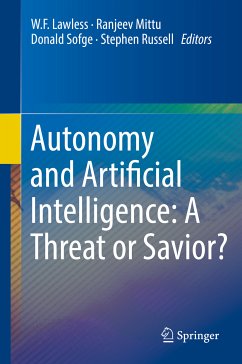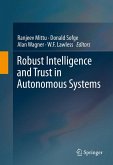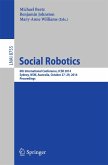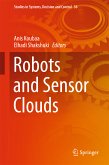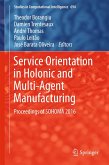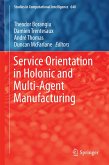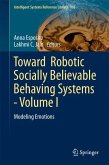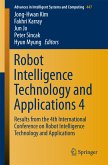The contributions, written by world-class researchers and scientists, elaborate on key research topics at the heart of effective human-machine-robot-systems integration. These topics include, for example, computational support for intelligence analyses; the challenge of verifying today's and future autonomous systems; comparisons between today's machines and autism; implications of human information interaction on artificial intelligence and errors; systems that reason; the autonomy of machines, robots, buildings; and hybrid teams, where hybrid reflects arbitrary combinations of humans, machines and robots.
The contributors span the field of autonomous systems research, ranging from industry and academia to government. Given the broad diversity of the research in this book, the editors strove to thoroughly examine the challenges and trends of systems that implement and exhibit AI; the social implications of present and future systems made autonomous with AI; systems with AI seeking to develop trusted relationships among humans, machines, and robots; and the effective human systems integration that must result for trust in these new systems and their applications to increase and to be sustained.
Dieser Download kann aus rechtlichen Gründen nur mit Rechnungsadresse in A, B, BG, CY, CZ, D, DK, EW, E, FIN, F, GR, HR, H, IRL, I, LT, L, LR, M, NL, PL, P, R, S, SLO, SK ausgeliefert werden.

